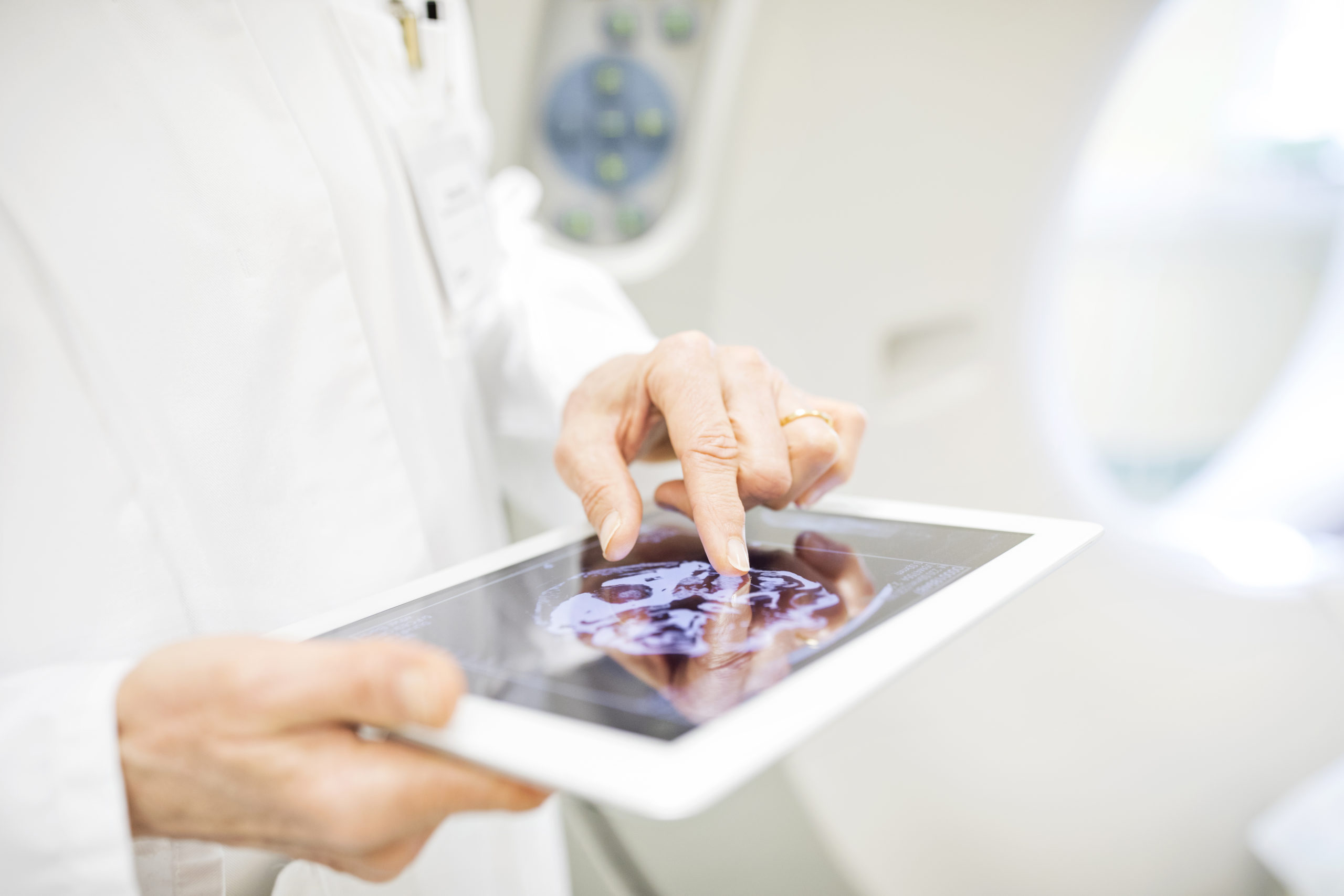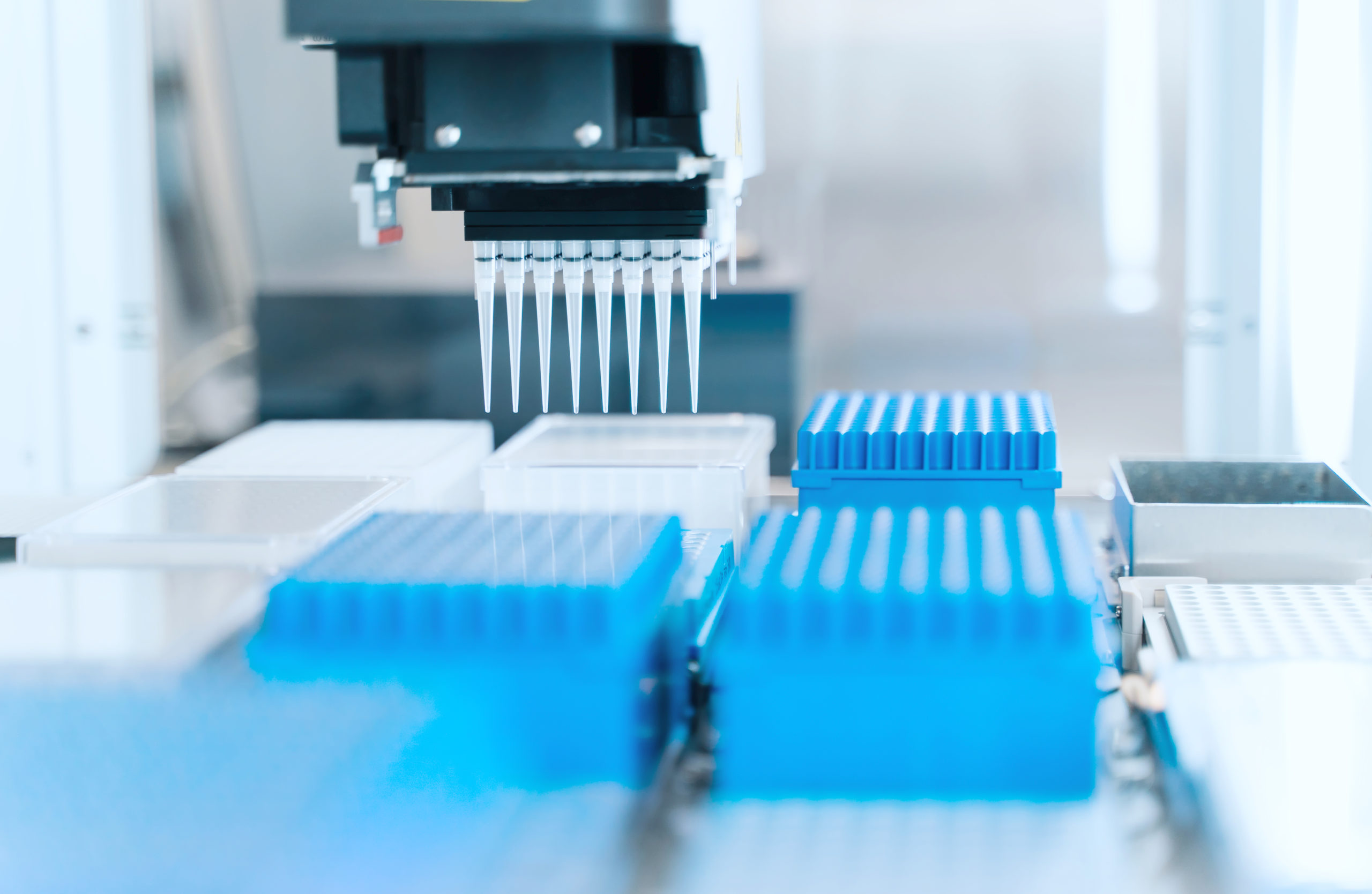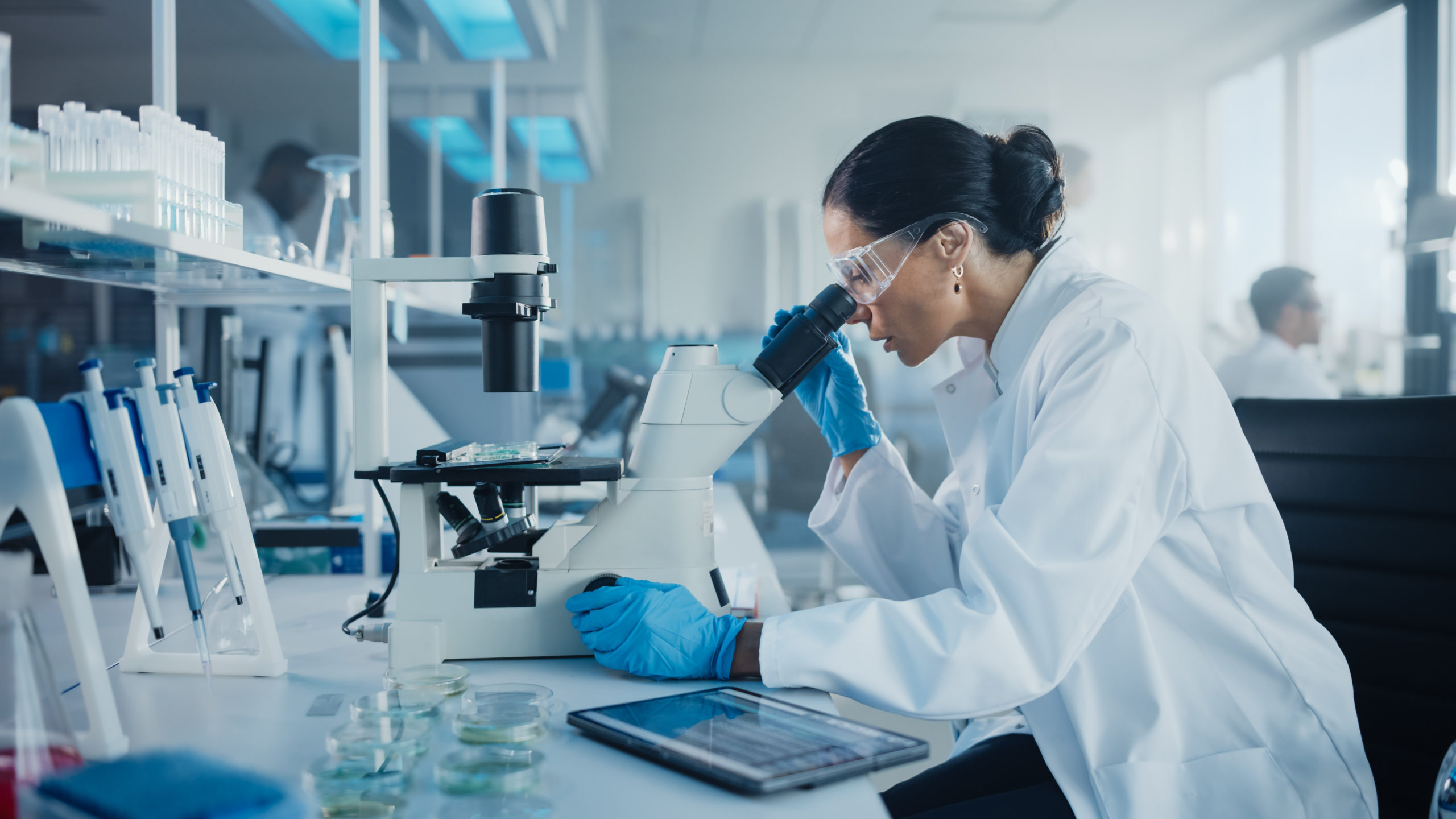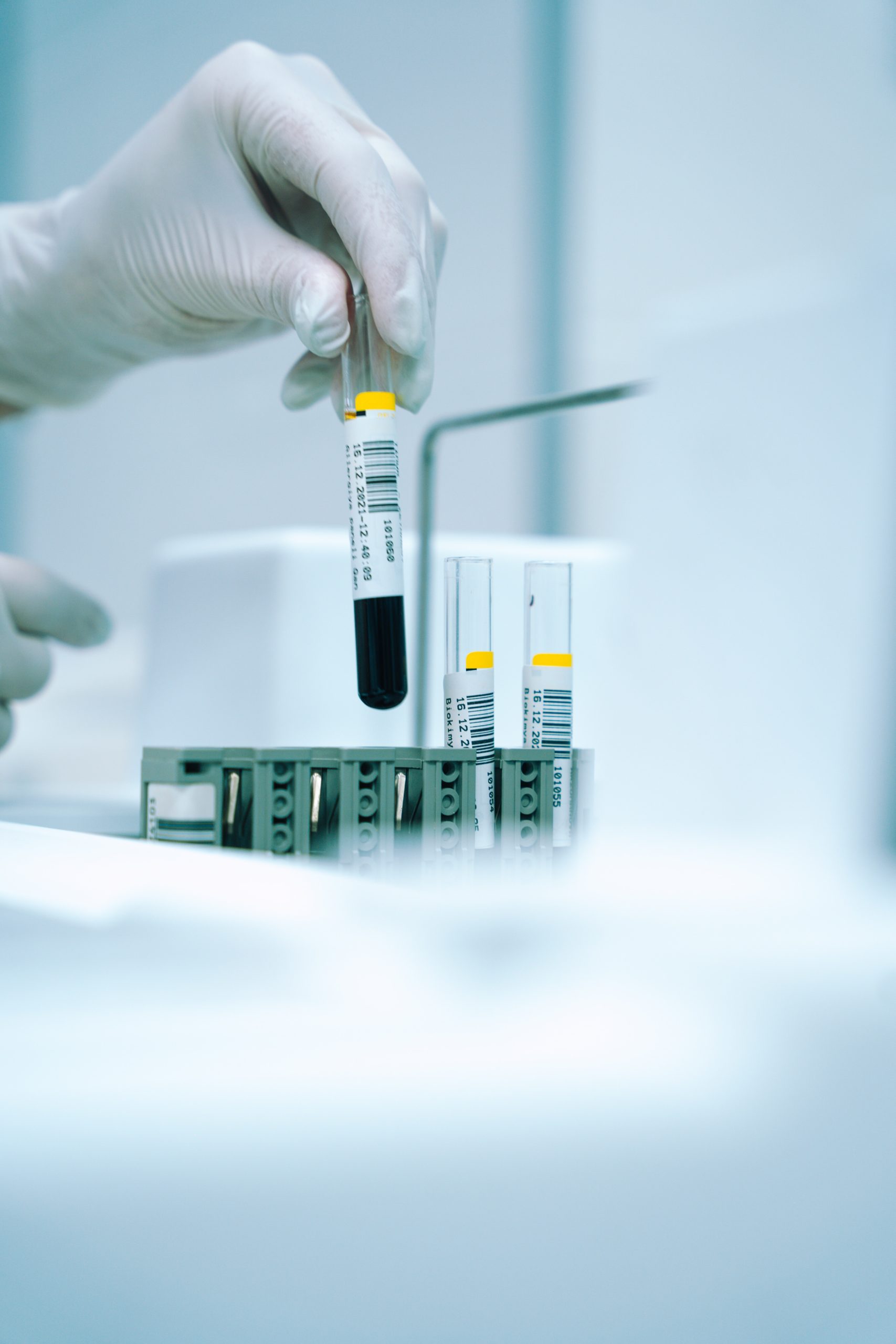Biobanks play a crucial role in scientific research, providing researchers with access to valuable biological samples. While access procedures vary between countries, there are several general similarities across Europe.
Access Procedures
Access procedures for biobank samples in Europe differ, making it challenging to establish a general route. However, commonalities can be observed. To obtain and use human body material for scientific research, parties must engage with registered biobanks, which are regulated by competent authorities for medicines and health products. Before samples can be accessed, a written agreement is required between the biobank and the other party. This agreement can be in the form of a contract or a framework agreement.
Contract for Sample Issuance
When establishing a contract between the biobank and the end user, certain elements must be included. These include a clear description of the scientific research objectives, responsibilities to ensure traceability, and provisions for handling personal data obtained from the donor’s medical file. Additionally, in the case of sharing personal data with another biobank, specific requirements must be met, such as attaching a consent form or a declaration of compliance with legal provisions.
Framework Agreement for Sample Issuance
In certain circumstances, a framework agreement can be established instead of a contract. This agreement outlines the responsibilities for traceability, personal data, and consent in a more general manner. The manager of the biobank records the specific purpose of each sample and confirms that consent has been obtained for that purpose. Researchers must adhere to the obligations outlined in the framework agreement, which may be included in employment contracts or standard procedures of a quality system.
Ethics Committee Requirements
Biobanks also have to comply with specific requirements set by the Ethics Committee. However, these requirements can vary between biobanks and Ethics Committees. It is advisable for researchers to contact the relevant committee early in the application process. Further information on access rules and procedures for biobanks in Europe can be obtained from the respective committees.
Legislation
Several European and national legislations impact the functioning of biobanks in Europe. The EU General Data Protection Regulation (GDPR) applies to biobanks as they handle personal data, including sensitive data such as genetic and health information. Biobanks must adhere to the GDPR’s provisions, ensuring the protection of individuals’ rights and freedoms while facilitating the free flow of data within the European Union.
The European Directive No 2004/23/CE establishes quality and safety standards for the donation, procurement, testing, processing, preservation, storage, and distribution of human tissues and cells. Additionally, the Clinical Trial Regulation EU No 536/2014 aims to harmonize rules for conducting clinical trials within the EU, promoting transparency and subject protection.
Other relevant documents include the Council of Europe DH-BIO/INF (2014) working document on research of human biological materials and national laws specific to each country, such as the Belgian Law of 19 December 2008 and the Danish Health Act.





